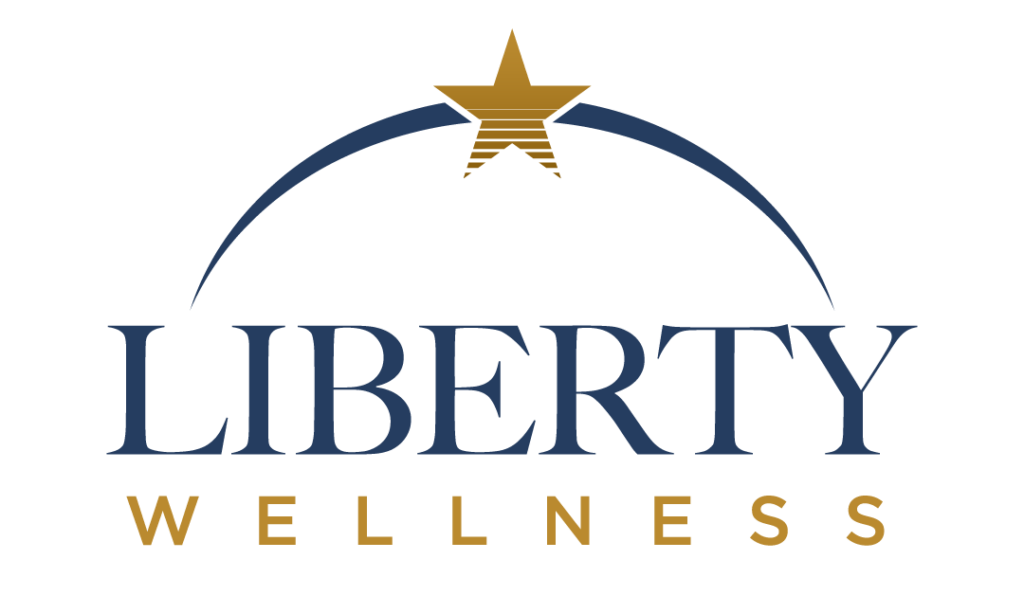Navigating the Path to Recovery: How Support Groups Can Make a Difference
Support groups are crucial in helping individuals navigate the challenging path to recovery. Whether you are struggling with addiction or mental health issues, finding the right support group can make a significant difference in your journey toward healing. At Liberty Wellness, these groups provide a safe and non-judgmental space to share your experiences, learn from others, and feel understood and supported.
Our support groups come in various forms, catering to specific needs and circumstances. Our groups can be lifelines, offering solace and encouragement during challenging times. By connecting with others at Liberty Wellness, you gain a sense of belonging and find comfort in knowing you are not alone in your struggles.
Learn more about the support groups available at Liberty Wellness today.
Types of Support Groups
Support groups come in different types, each tailored to address specific issues. Addiction recovery groups, for instance, focus on helping individuals overcome substance abuse and maintain long-term sobriety. These groups provide a space for sharing experiences, discussing coping strategies, and receiving guidance from others who have successfully navigated the path to recovery.
On the other hand, mental health group therapy support groups concentrate on addressing various mental health conditions. These groups create a supportive environment where individuals can openly discuss their challenges, learn from each other’s coping mechanisms, and gain valuable insights from mental health professionals facilitating the sessions.
Benefits of Support Groups in Addiction Recovery
Support groups play a vital role in addiction recovery. They offer many benefits that can significantly enhance an individual’s chances of achieving and maintaining sobriety. Firstly, support groups provide a sense of community and belonging, which helps combat feelings of isolation and loneliness that often accompany addiction by connecting with others who understand the struggles and triumphs of recovery.
In addition to emotional support, support groups offer practical guidance and tools for navigating the challenges of addiction recovery. Members share their experiences, discuss strategies for managing triggers and cravings, and offer insights on rebuilding relationships damaged by addiction. These practical tips and advice can be invaluable in helping individuals develop effective coping mechanisms and navigate the ups and downs of recovery.
Furthermore, support groups provide accountability. By regularly attending group meetings, individuals are held accountable for their actions and progress. This accountability fosters a sense of responsibility and commitment to sobriety. Knowing that others are rooting for your success can be a powerful motivator.
The Role of Support Groups in Mental Health Group Therapy
Mental health group therapy support groups are designed to provide individuals with a safe and supportive environment to address their mental health challenges. These groups offer a unique opportunity to connect with others facing similar struggles. By sharing their experiences, individuals gain a deeper understanding of their mental health conditions and learn coping strategies from those who have successfully managed similar challenges.
In mental health group therapy, individuals can express themselves openly without fear of judgment. The group dynamic allows for exploring different perspectives and encourages empathy and understanding among members. This collective wisdom helps individuals gain insights into their own mental health struggles and fosters a sense of empowerment and resilience.
Mental health support groups often have trained professionals facilitating the sessions. These facilitators provide guidance, introduce therapeutic techniques, and ensure the group remains a safe and constructive space for all participants. The presence of a professional ensures that the discussions are productive and that the group members receive the necessary support and guidance to navigate their mental health journeys effectively.
The Impact of Support Groups on the Path to Recovery
The impact of support groups on the path to recovery cannot be overstated. These groups offer a lifeline for individuals struggling with addiction or mental health challenges. By providing a safe and supportive space, support groups empower individuals to share their experiences, learn from others, and gain valuable insights and coping strategies.
Support groups offer a sense of belonging and community, combating the isolation and loneliness often associated with recovery. They provide emotional support, practical guidance, and accountability, all contributing to an individual’s chances of achieving and maintaining long-term recovery.
Furthermore, support groups foster resilience, empowerment, and personal growth. By connecting with others facing similar challenges, individuals gain a renewed sense of hope and optimism for their recovery journey. The collective wisdom and support these groups offer to help individuals navigate the ups and downs of recovery, providing a solid foundation for lasting change.
Choosing Liberty Wellness for Your Personal Wellness
Navigating the path to recovery can be a daunting and challenging journey, but you don’t have to do it alone. Liberty Wellness’s Support groups provide a lifeline for individuals struggling with addiction or mental health challenges. We work to connect our clients with others who have faced similar struggles to help them gain a sense of belonging, understanding, and support that can make a significant difference in the recovery journey.
Learn more about the support groups at Liberty Wellness by speaking with an admissions assistant today.




